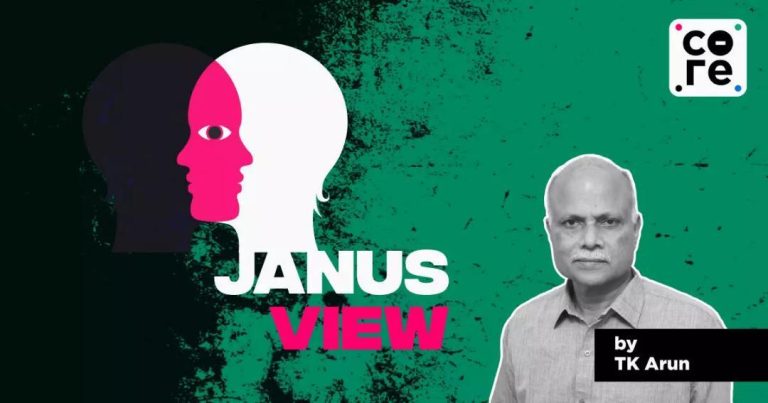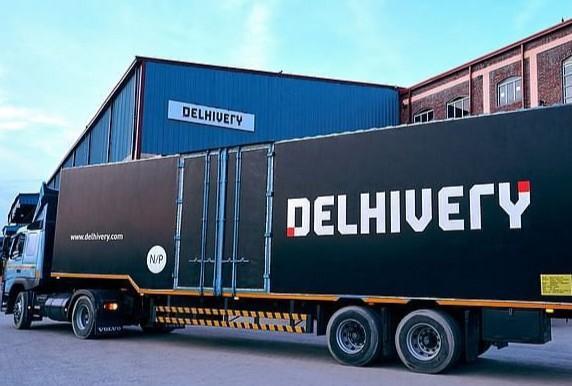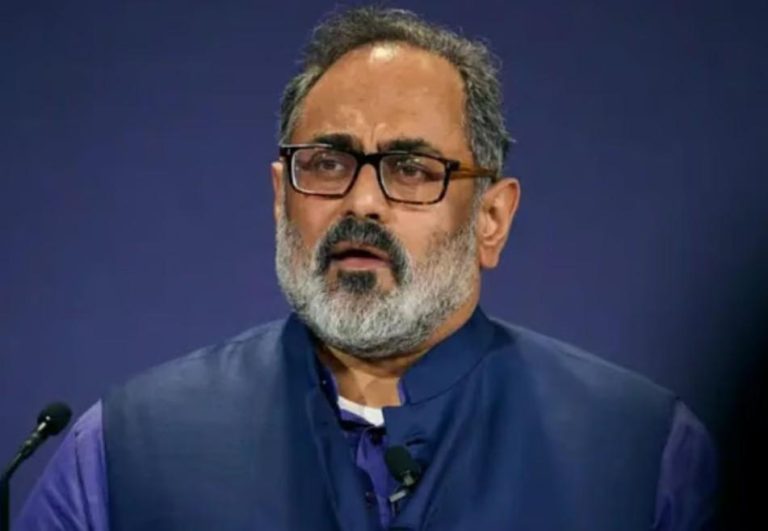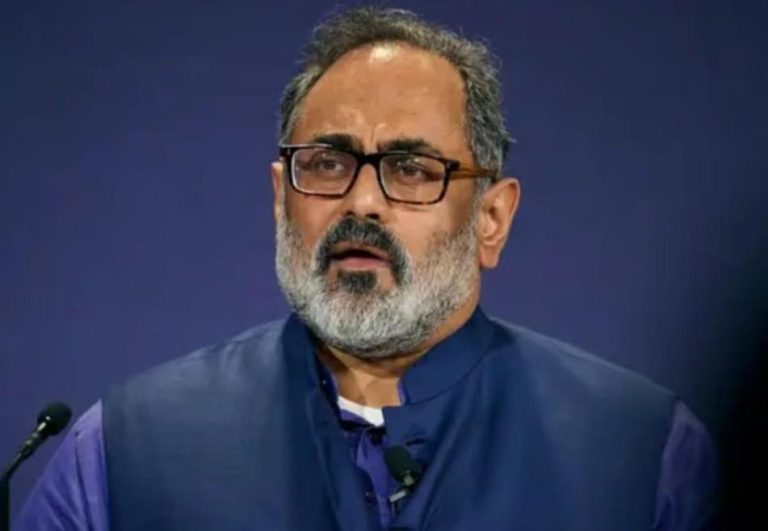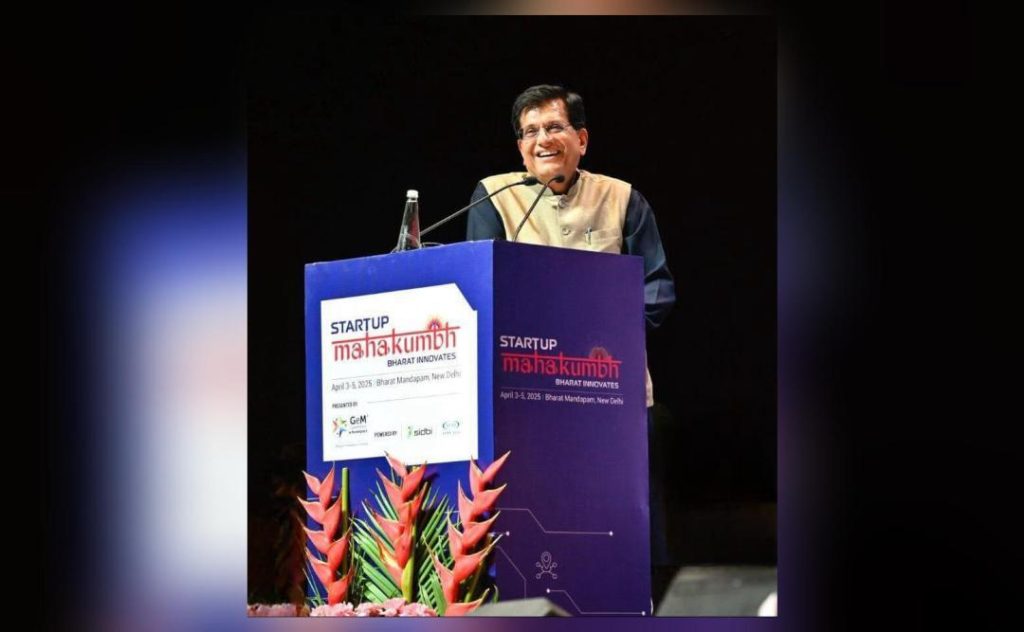
Giving fancy packaging to ice-creams & cookies is not start-up: Piyush Goyal
In a recent address at Startup Mahakumbh 2025, Union Minister of Commerce and Industry, Piyush Goyal, emphasized the importance of distinguishing start-ups from mere businesses. According to him, just because a company gives fancy packaging to its products, such as ice-creams and cookies, it doesn’t automatically make it a start-up. Instead, Goyal stressed that this is merely entrepreneurship and a business model.
Goyal’s statement highlights a crucial aspect of the start-up ecosystem, which often gets overlooked in the excitement of new ventures. The term “start-up” has become synonymous with innovation and disruption, but it’s more than just a fancy label. To be a true start-up, an entity needs to demonstrate a unique value proposition, disrupt an existing market, and have a scalable business model.
The minister’s comments were made in the context of India’s start-up landscape, which has been growing rapidly in recent years. However, Goyal pointed out that the country’s deep-tech start-up space is a cause for concern. He noted that there are only around 1,000 start-ups in India’s deep-tech space, which is a disturbingly low number. This is particularly alarming when compared to other nations, where start-ups are focused on cutting-edge technologies like AI and 3D printing.
Goyal’s remarks are not meant to disparage innovation or entrepreneurship in India. Rather, they are a call to action for entrepreneurs and policymakers to rethink their approach to start-ups. By focusing on areas like AI, blockchain, and the Internet of Things (IoT), India can create a more sustainable and high-growth start-up ecosystem.
So, what does it take to be a true start-up? According to Goyal, it’s not just about giving a product a fancy packaging or launching a new app. A start-up needs to have a unique value proposition that addresses a real market need. It needs to have a scalable business model that can be replicated and scaled quickly. And, most importantly, it needs to be willing to take calculated risks and pivot when necessary.
The distinction between a start-up and a mere business is not just semantic. It has significant implications for investors, policymakers, and entrepreneurs themselves. By understanding what constitutes a start-up, we can create a more focused and effective ecosystem that supports innovation and growth.
In recent years, India has made significant progress in building its start-up ecosystem. The government has launched initiatives like Startup India, which aims to support and empower start-ups. The country has also seen the emergence of numerous incubators, accelerators, and funding platforms that cater to start-ups.
However, despite these efforts, India’s start-up ecosystem still faces numerous challenges. One of the biggest hurdles is the lack of access to funding. Many start-ups struggle to raise capital, which can be a major obstacle to scaling and growth. Another challenge is the lack of talent and skilled professionals. India needs more engineers, data scientists, and entrepreneurs who can drive innovation and growth.
To address these challenges, policymakers and entrepreneurs need to work together to create a more supportive ecosystem. This can be achieved by providing access to funding, mentorship, and resources. It also requires creating a culture that celebrates failure and encourages experimentation and innovation.
In conclusion, Piyush Goyal’s statement highlights the importance of distinguishing start-ups from mere businesses. By focusing on innovation, entrepreneurship, and disruption, India can create a vibrant and high-growth start-up ecosystem that drives growth and prosperity. As the minister himself said, “Giving fancy packaging to ice-creams and cookies doesn’t make it a start-up. It is entrepreneurship and a business model.”
Source: https://x.com/moneycontrolcom/status/1907795297826378009
